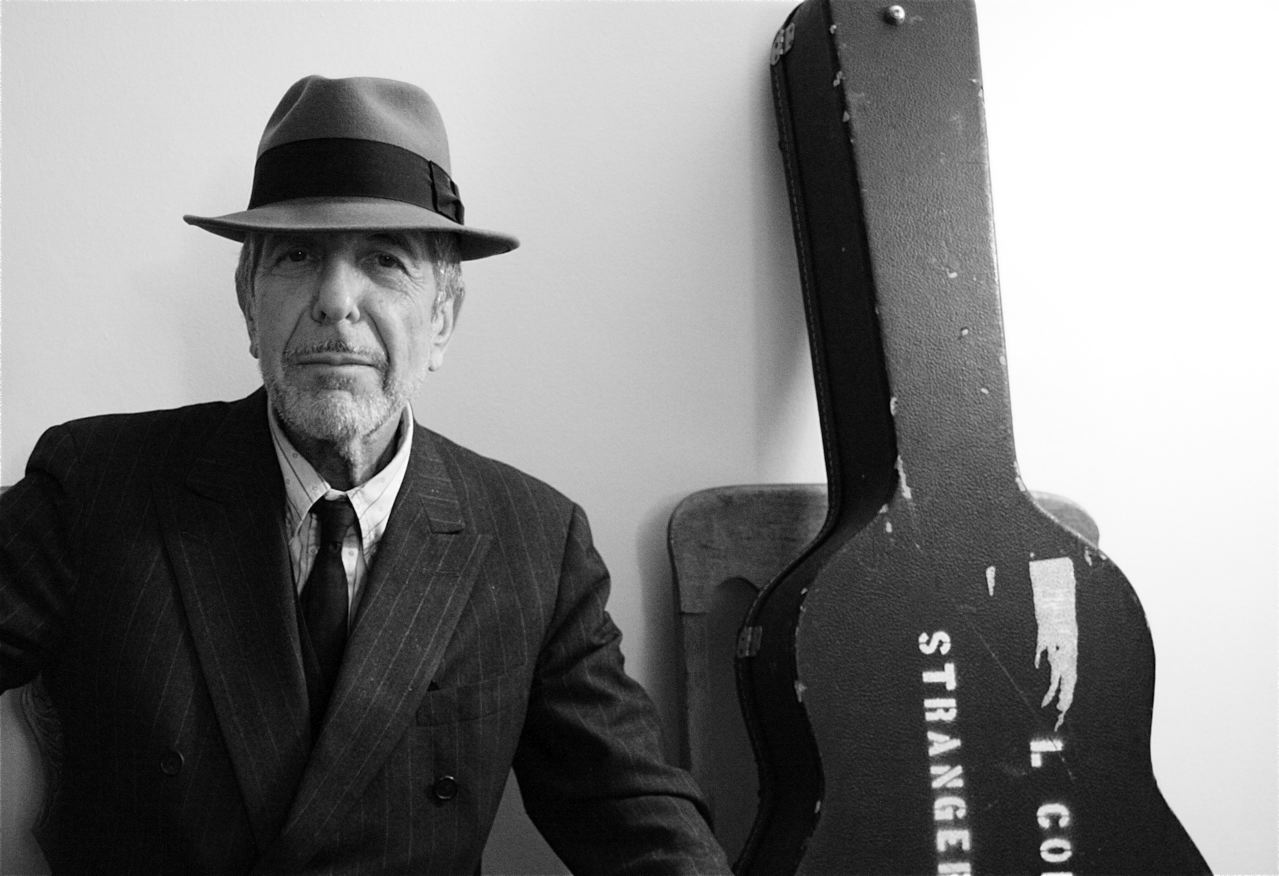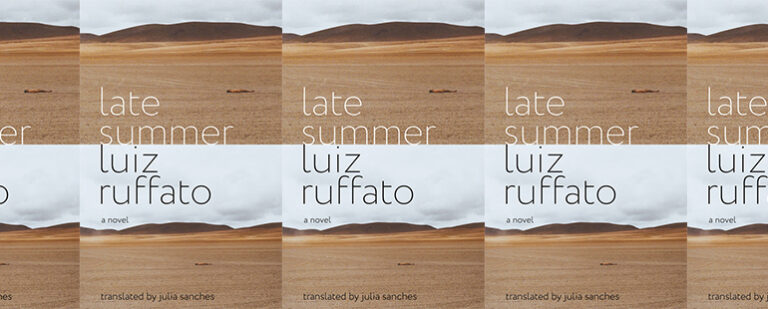Remembering the Poetry of Leonard Cohen
 Leonard Cohen, the Canadian poet, novelist and songwriter, died last week at the age of 82, after publicly stating to the press that he was ready to die. He gave warning that his time was coming, but still, I was not ready.
Leonard Cohen, the Canadian poet, novelist and songwriter, died last week at the age of 82, after publicly stating to the press that he was ready to die. He gave warning that his time was coming, but still, I was not ready.
Cohen simultaneously was one of our most celebrated artists and yet maintained a down to earth wish to avoid the limelight when possible. In addition to “Hallelujah,” the iconic song covered by Jeff Buckley, John Cale, Rufus Wainwright and about a million other artists, including recently Saturday Night Live’s Kate McKinnon, Cohen gave us “Suzanne,” “Bird On A Wire,” “Famous Blue Raincoat,” and many more classic songs. In addition to his music, Cohen gave us Beautiful Losers and The Favorite Game, two classic postmodern novels, and numerous books of poetry over the years, including Let Us Compare Mythologies, The Spice-Box of Earth, Flowers for Hitler, Parasites of Heaven, and The Book of Longing.
As a poet, Cohen fell somewhere between the traditional—he never lost a love of rhyme—and the unflinchingly modern. He never shied away from the baldly erotic, or from the boldly, condemningly political, and his work was always approachable and never trivial. Leonard Cohen was one of my personal “gateway poets,” one of the first poets I read who made me want to write poems as an adult. His work balanced the surreal and the emotional such that it is both accessible and deep at once:
But what shall I tell you of migrations
when in this empty sky
the precise ghosts of departed summer birds
still trace old signs;
or of desperate flights
when the dimmest flutter of a coloured wing
excites all our favourite streets
to delight in imaginary spring.
Poems like this one—“The Sparrows,” from Let Us Compare Mythologies—hint at Lorca and Whitman and other influences, while the voice also remains wholly Cohen’s own, wistful, world-weary, full of longing, and yet gentle and passionate, as well.
“You Do Not Have to Love Me,” (Selected Poems 1956-1968), meanwhile, evokes the French surrealist poet Paul Eluard’s “Je t’aime”:
You do not have to love me
just because
you are all the women
I have ever wanted
I was born to follow you
every night
while I am still
the many men who love you.
If Cohen’s songs so often tend toward the deadpan (You got away, I never once heard you say/ I need you, I don’t need you/ I need you, I don’t need you/ And all of that jiving around) his many early love poems are perhaps even lovelier for their vulnerability and depth. Cohen was every bit the poet that he was a songwriter, as is evident in his skillful enjambments and his mastery of language and metaphor, and in the marked difference between the construction of his poems and songs, which feature clear delineations between chorus and verse, and use repetitions to wonderful sonic effect.
Leonard Cohen died in his sleep on November 7th. “The death was sudden, unexpected and peaceful,” the New York Times reported his manager Robert B. Kory saying, and weeks before, Pitchfork and the Rolling Stone had reported Cohen’s admission that he was “ready to die.” If I was not ready—if I am still coming to terms with the fact of Cohen’s death, then at least there is some comfort in this, that he had lived long enough to be at peace, and that he was ready to go.


